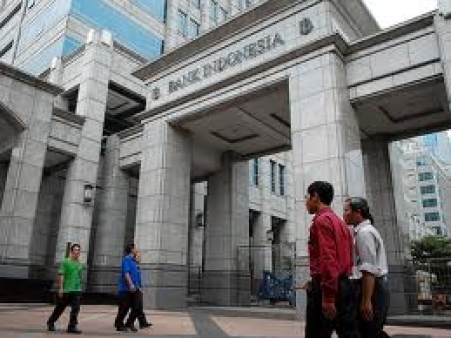
Bank health to determine ownership in Indonesian banks
Bank Indonesia's new rules setting caps on a single lender's ownership percentage of banks is dependent the acquiring bank's financial health.
Ownership restrictions would apply to banks deemed to be moderately or highly risky with regard to their capital adequacy and governance.
A briefing from the central bank confirmed that the cap would be set at 40 percent for a corporate owner and 20 percent or 30 percent for an individual owner, depending on circumstances.
The ownership rules apply to banks deemed to be of moderate to high risk of encountering difficulties, but exempt state-owned banks. State-owned banks include Bank Mandiri, Bank Negara Indonesia, Bank Rakyat Indonesia and Bank Tabungan Negara.
The maximum share that can be held by an individual or family is 20 percent, although if the stake is held through a company, that increases to 30 percent.
The source added that the central bank would also give those banks deemed high risk a chance to improve their risk status before the ownership limit is imposed.
Last week the central bank assured markets that the new policy would only affect future transactions and would not be applied retroactively.
Bank Indonesia spokesman Difi Ahmad Johansyah said the rules were intended to keep banks in good health and engage in good corporate governance.
Zulkifli Zaini, a director of Bank Mandiri, confirmed the central bank’s plan and welcomed the move to exempt state-owned banks. “These banks have a function as an agent of development,” he said. The central bank will again invite bankers to provide input, he added.
Sigit Pramono, chairman of the Indonesian Banking Association, commented that the divestment burden would be very large and may involve assets of more than $10.6 billion. “In the end, bank shares would fall to a lot of foreigners, because only foreign capital is that deep,” he said.
For more.






















 Advertise
Advertise








